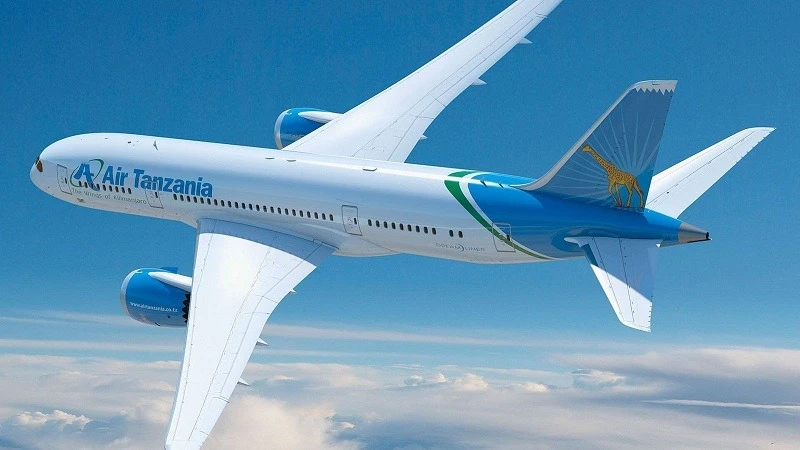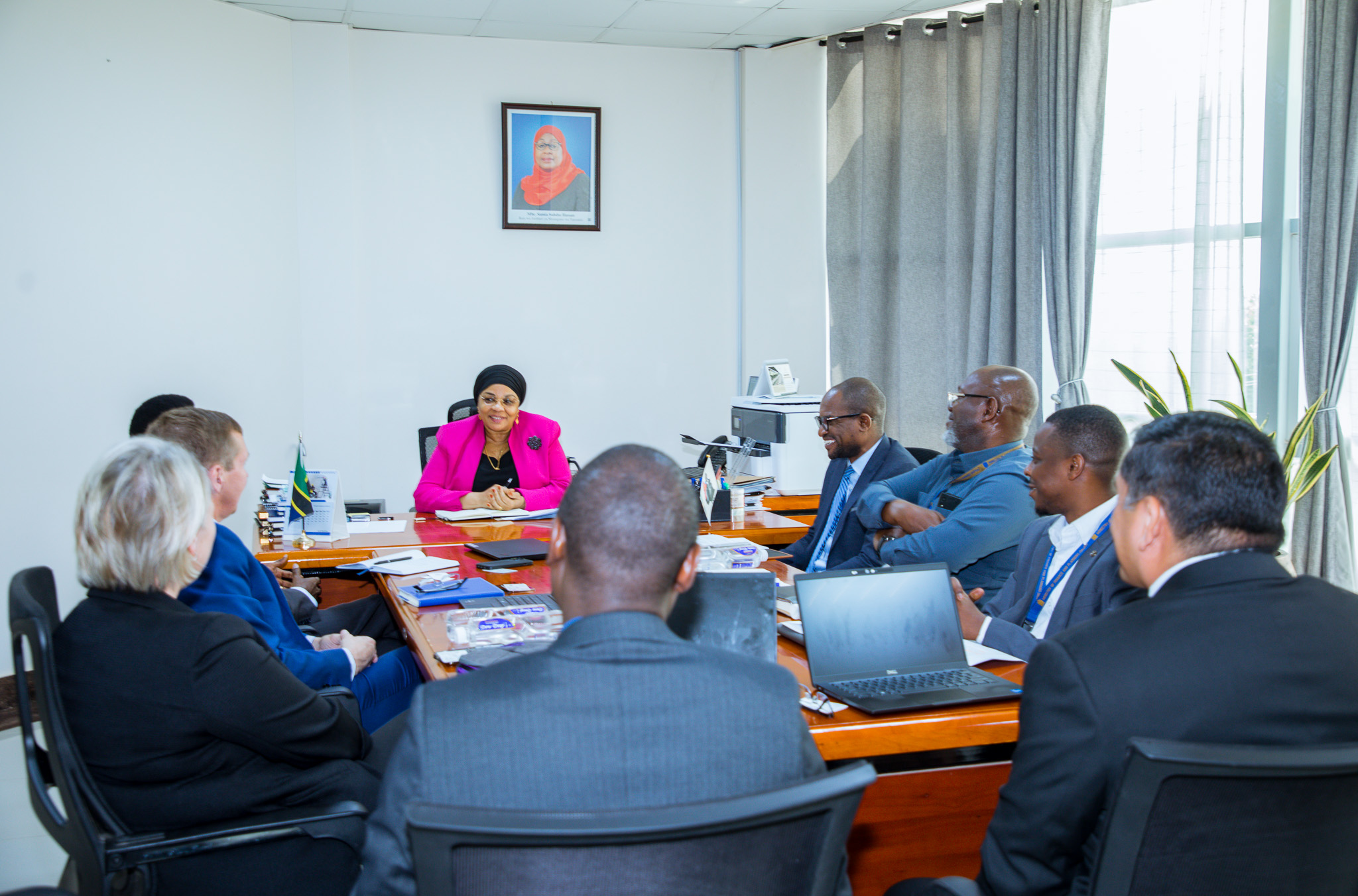Aviation leaders urge tourism boards to expanding air routes across Africa

AFRICA’S immense tourism opportunities are hindered by inadequate air connectivity, as the continent currently represents only 1.9% of global passenger and cargo traffic.
Nevertheless, industry experts argue that national tourism boards can play a pivotal role in fostering new airline routes that drive economic development.
During a recent workshop at AviaDev Africa, held in partnership with the SADC Business Council Tourism Alliance, airline executives emphasized that tourism boards possess significant influence. They can utilize market insights and industry connections to persuade hesitant airlines of the sustainable potential of new routes.
“Tourism is more than just leisure; it’s a critical economic activity that requires strategic thinking and collaboration across sectors,” said Kojo Bentum-Williams, UN Tourism’s Senior Africa Communications Expert.
Sylvain Bosc, former Chief Commercial Officer of SAA and Fastjet, stressed the importance of demonstrating sustained profitability. “Destination marketing organisations (DMOs) must sell a long-term vision highlighting the destination’s growth prospects and economic impact,” he said. “Creative incentives like co-marketing, reducing airline costs, and quantifying passenger volumes can be more powerful than direct subsidies.”
Bosc noted DMOs need to “bring new light” to data airlines already have by offering insights into upcoming local economic developments like new mines or infrastructure projects that could drive corporate traffic. “Local insights can provide airlines with the confidence they need to invest in new routes,” he said.
Natalia Rosa, Project Lead of the SADC Business Council Tourism Alliance, underscored the critical role of aviation in regional development: “Aviation is not a luxury, it’s the lifeblood of a modern regional economy. Improved air connectivity unlocks a range of benefits: it streamlines travel, opens doors for new tourism markets, and strengthens regional economic ties.”
Gavin Eccles, Head of Vertical at BAE Ventures, emphasised tourism boards must be “at the table” with compelling cases backed by local market insights, travel trade ties, and unique selling points that airlines often lack.
“Tourism boards should not only provide data but also offer a local perspective that airlines may not have,” Eccles said, citing India’s successful “Incredible India” branding undermined by poor connectivity.
Regional coordination like aligned visa policies, joint itinerary promotion, and tapping conservation funds can also help finance route development. But Tim Harris of Helm Growth Advisors cautioned: “Retaining and expanding existing airline services should be the priority before attracting new routes.”
While direct subsidies face sustainability questions, Bentum-Williams said other incentives enable an “environment of trust” for profit-focused airlines.
“There’s a need to change the narrative from just paying airlines to fly routes to creating an environment of trust and confidence,” he said.
Top Headlines
© 2024 IPPMEDIA.COM. ALL RIGHTS RESERVED






















